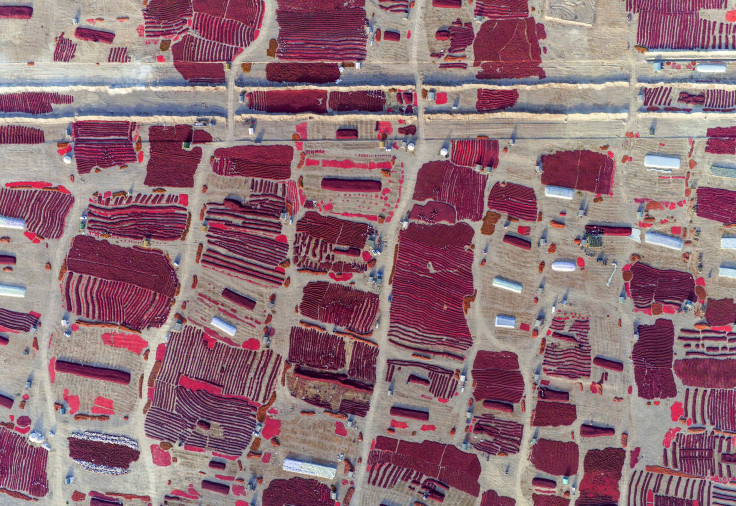State Surveillance: China Orders GPS To Trace Drivers In Muslim-Majority Region

Chinese regional government officials ordered Monday the mandatory installation of GPS technology to track the movements of drivers in the country's restive, Muslim-majority northwest — and threatened to restrict gas sales to motorists who refuse.
The measure applied to the Bayingolin Mongol Autonomous Prefecture in China's northwest Xinjiang province, where authorities have reported a rise in deadly violence linked to Islamic extremism and clashes have occurred between the Muslim-majority Uighur population and the ethnic Han Chinese community. Owners of all vehicles, including private, government and large construction cars in the region, have until June 30 to plant a GPS device or risk not being serviced at local gas station.
The move was intended to “ensure social security and safety and promote social stability and harmony,” according to the local Chinese state-run LouLan News.
"There is a severe threat from international terrorism, and cars have been used as a key means of transport for terrorists as well as constantly serving as weapons," a prior government announcement said, according to the Guardian. "It is therefore necessary to monitor and track all vehicles in the prefecture."
Through the surveillance program, tens or even hundreds of thousands of vehicles would be tracked using radio-frequency identification technology installed in license plates, officials in a Tuesday ABC News story. By monitoring the movements of vehicles using satellites, motorists would also be able to quickly locate their cars or trucks that have been hijacked by extremists, according to the ruling Communist Party-controlled tabloid Global Times.
The region has witnessed years of ethnic clashes and attacks reportedly motivated by Islamic extremists. Last Wednesday, three knife-wielding attackers killed eight people before being shot dead. Chinese authorities have also identified the perpetrators of several vehicle and bomb attacks throughout the nation in recent years as having links to Xinjiang, where officials have recently held massive paramilitary and police rallies.
Human rights organizations and minority groups have routinely accused the Chinese government of repressing the religious and ethnic identity of the Uighur population — an allegation authorities have denied.
The Han Chinese are by far the largest ethnic group in China, but 10 million Uighurs maintain a plurality of over 46 percent over them in the Xinjian region, according to 2010 government figures quoted by the Australian Centre on China and the World. However, a growing number of Han Chinese live in the Bayingolin Mongol Autonomous Prefecture.
© Copyright IBTimes 2024. All rights reserved.












